Sunday was International Men’s Day but blink and you would have missed it. International Women’s Day (March 8) is always marked by widespread celebrations of female achievement. LGBTQ people get a whole month in June to promote Pride, as well as half of February and March which is given over to coverage of events related to Gay and Lesbian Mardi Gras.
Already a subscriber? Log in
Subscribe for just $2 a week
Try a month of The Spectator Australia absolutely free and without commitment. Not only that but – if you choose to continue – you’ll pay just $2 a week for your first year.
- Unlimited access to spectator.com.au and app
- The weekly edition on the Spectator Australia app
- Spectator podcasts and newsletters
- Full access to spectator.co.uk
Or

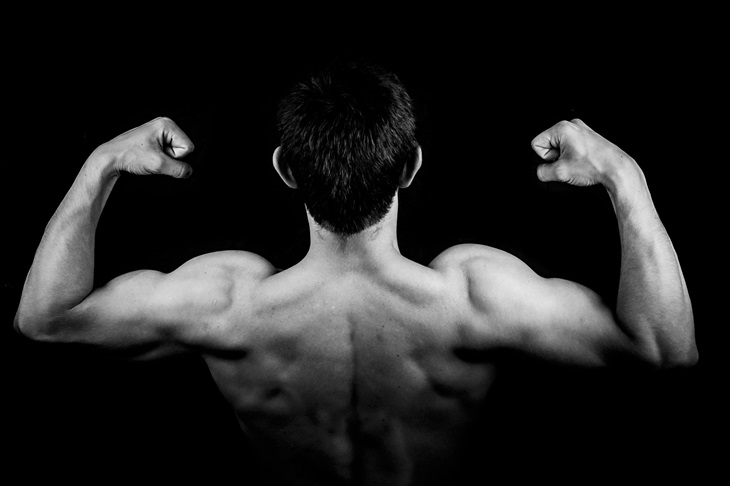
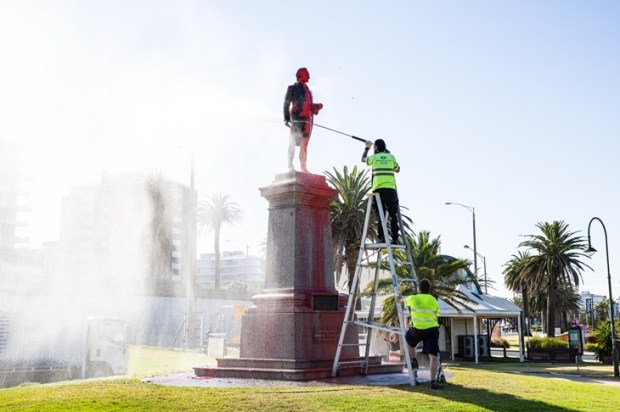
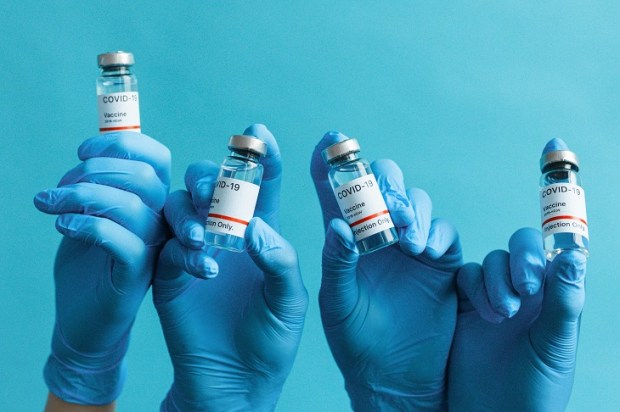
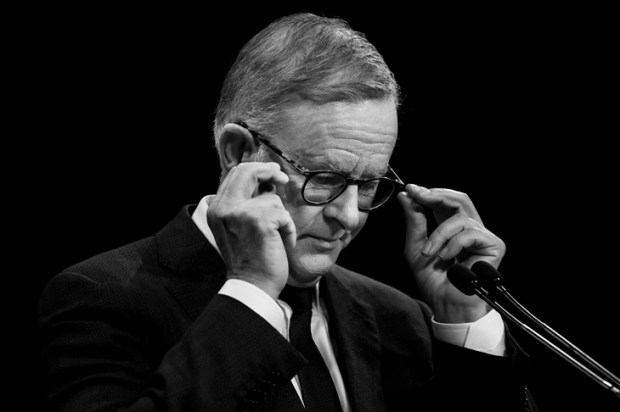
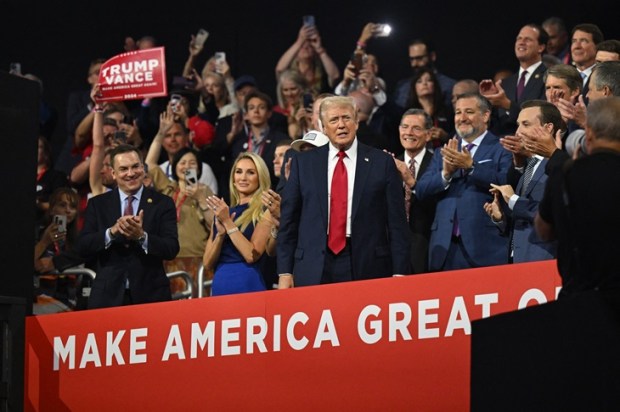
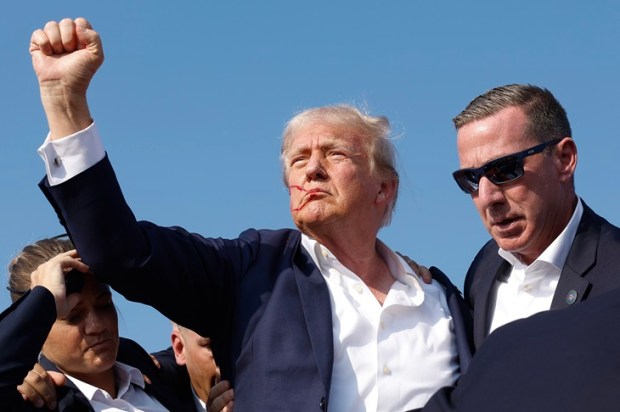



















Comments
Don't miss out
Join the conversation with other Spectator Australia readers. Subscribe to leave a comment.
SUBSCRIBEAlready a subscriber? Log in